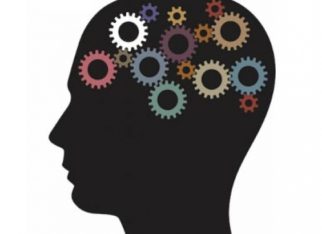Bipolar Disorder is a mental health condition that affects mood, energy, and thought processes. Most commonly known as mania and depression, the extreme mood shifts consisting of highs and lows greatly impact daily functioning. During phases of mania, individuals may experience elevated mood, unpredictable behaviors, and impaired judgment. The risky decision-making associated with these periods tends to lead to negative outcomes. In contract, episodes of depression entail low mood and energy as well as a great loss of interest in previously pleasurable tasks. The diminished degree of activity could reinforce the depressive state.
Most people who develop the mood disorder notice changes in their early 20s. Although younger individuals, such as teens and children, may exhibit symptoms of mania and depression, it is quite uncommon for them to fully develop bipolar disorder. Genetics, stress, and potentially brain structure and function are factors associated with the mental health condition.
There are treatment options that facilitate symptom management, such as participating in cognitive behavioral therapy, adhering to a medication regimen, and using self-management strategies to identify and address triggers.
If you or someone you know is in need of mental health support, there are many options available, including professional counseling. Please call us at (215) 487-1330 or email us at Greenridge@intercommunityaction.org for more information about our counseling services.
Author: Katherine Homa, M.A.



